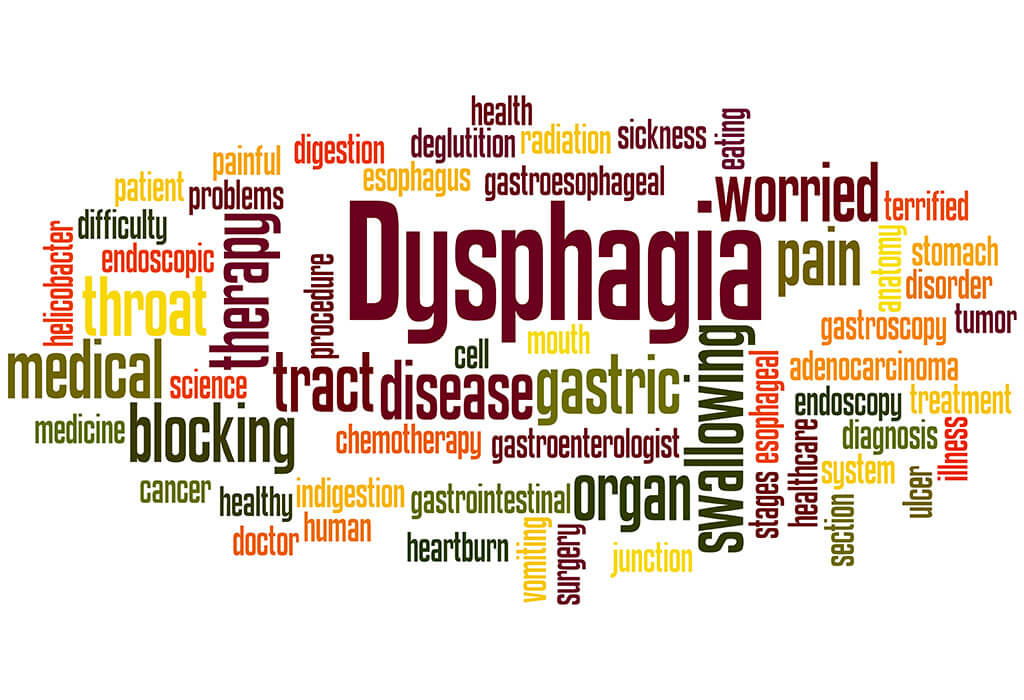Dysphagia is the medical name for difficulties in swallowing. This symptom normally occurs because of a problem in the esophagus. People with dysphagia have difficulty swallowing specific foods or beverages, while others cannot swallow at all. Numerous health conditions can cause dysphagia, such as those listed below.
Neurological Problems
There are various nerve and muscle disorders that can impact the muscles and nerves in the esophagus, which then causes dysphagia. If your muscles and nerves aren’t working correctly, food cannot be maneuvered normally to the top of your throat.
Problems with swallowing are more common in seniors. However, dysphagia can affect disabled people and those who have had strokes. Some neurological conditions which can cause dysphagia include cerebral palsy, dementia, severe learning disabilities, and multiple sclerosis. Other neurological conditions include motor neurone disease and Parkinson’s disease.
Breathing Problems
There are breathing conditions that can not only cause difficulty in breathing but cause problems with swallowing too. In particular, COPD (chronic obstructive pulmonary disease) can bring on dysphagia. If you have COPD and are having difficulty swallowing, make sure to speak to your doctor immediately.
Infections
For short moments, a severe infection can make it difficult to swallow. Infections like tonsilitis or quinsy can bring on dysphagia. If you have an abscess at the back of your throat, this too can cause difficulty swallowing. Swollen lymph nodes may also cause dysphagia.
Muscle Disorders
Conditions that affect the corrective tissues or smooth muscle of the esophagus can result in problems swallowing. These conditions stop the esophagus from working correctly. The most notable muscle disorders include myositis and scleroderma.
Tumors and Swellings
A tumor or swelling that presses on your oropharynx can cause difficulty swallowing. These include cancers of the throat, mouth, and cancer of the thyroid. Cancers that cause swelling of your neck lymph nodes can bring on dysphagia too.
Living with Dysphagia
Dysphagia can affect your quality of life and can stop you from enjoying your favorite foods. However, there are measures you can take which can make the experience more enjoyable. These include thickening your foods and beverages with agents like Simply Thick and speaking to a speech therapist.
Complications
If you have dysphagia, this condition can sometimes cause further problems. One of the most common is choking or coughing. This occurs when food goes down the wrong way, which can block your airway. Should this happen, you can develop a chest infection which requires immediate medical treatment.
Aspiration pneumonia can occur if you accidentally inhale something, like a tiny piece of food. Warning signs to look out for include coughing while drinking or eating, a gurgly, wet voice while eating or drinking, as well as problems breathing. If you or a loved one has been diagnosed with dysphagia and you get these symptoms, you must go to the emergency room straight away.
While there are many causes of dysphagia, only a doctor will be able to establish the root cause. If you have difficulty swallowing, don’t delay in speaking to a medical professional.





Be First to Comment